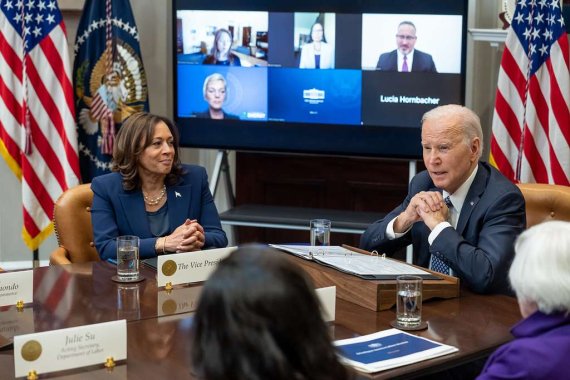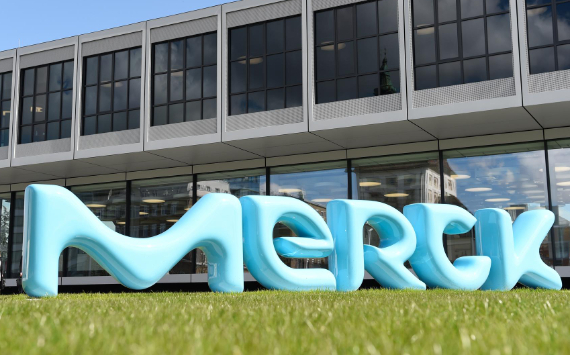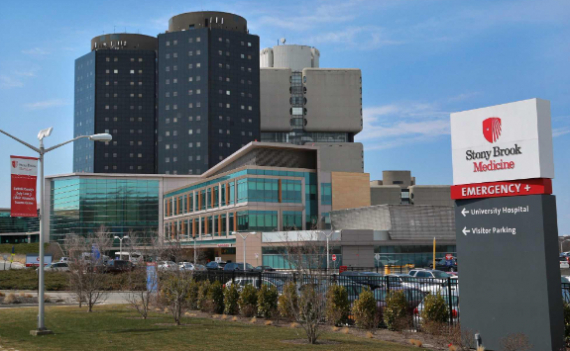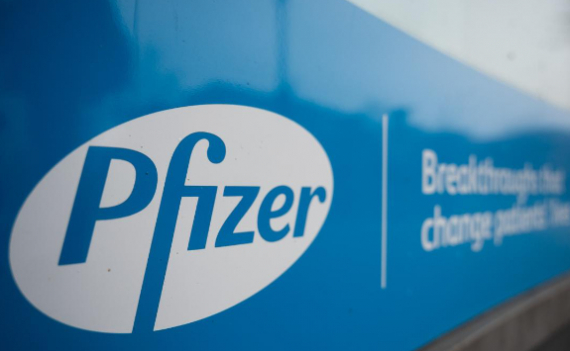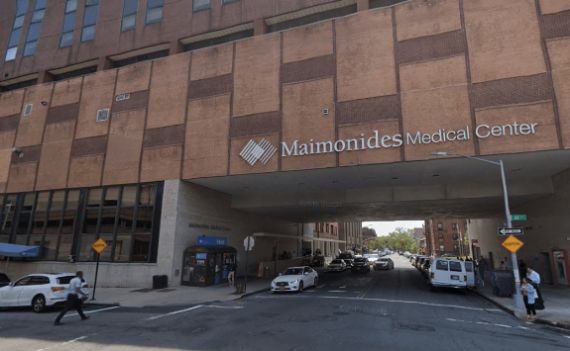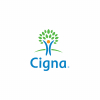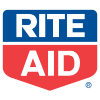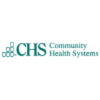Alzheimer’s Day
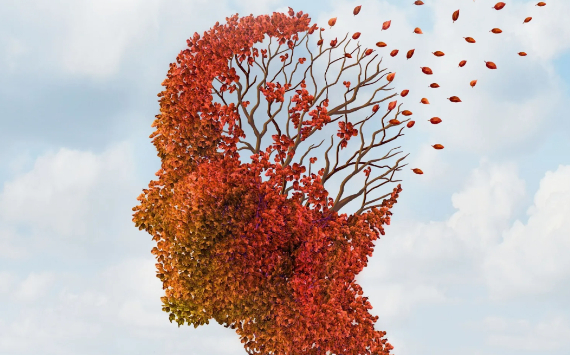
On September 21st, people from all over the world come together to celebrate Alzheimer’s Day. This is an important day when people talk about Alzheimer’s disease and how to make it better. On this day, people want to help people with Alzheimer’s. They want to find new ways to treat this disease. Alzheimer’s Day is important because it brings people together. It helps people understand what Alzheimer’s is and how it affects people. Everyone can help on this day. You can raise money, help someone with Alzheimer’s, or just be there for people who have this disease. Every little bit helps. We want to make the world better for people with Alzheimer’s so that they can live a better life.
About the holiday
Brief history
World Alzheimer’s Day is a day to remember Dr. Alzheimer, the doctor who found Alzheimer’s in the beginning of the 1900s. This day is also to remember the people with Alzheimer’s and the families who care for them. World Alzheimer's Day is to learn more about Alzheimer's and how to help people with it. It is also to stop the bad things people think about people with dementia. On this day, we want to make the world better for people with Alzheimer's. We want to help them remember their memories and be happy. We also want to find a cure for Alzheimer's so that nobody has to have it.
How to celebrate
On this day, various events are held around the world to raise awareness about Alzheimer's disease. These can include lectures, workshops, screenings of films and documentaries about the disease, and other activities. These events help to draw attention to the importance of research and support for people with dementia.
 World Alzheimer's Day
World Alzheimer's Day
Interesting facts
- Early Detection is Key: Alzheimer's disease is a progressive neurodegenerative disorder that typically affects memory, thinking, and behavior. Early detection can help manage symptoms and slow the progression of the disease.
- Global Impact: Alzheimer's disease affects millions of people worldwide, with an estimated 55 million individuals living with the condition in 2023. It is the leading cause of dementia, accounting for about 60-70% of all dementia cases.
- Symptom Recognition: Common symptoms of Alzheimer's disease include memory loss, difficulty with language and problem-solving, changes in mood and personality, and disorientation in time and space. However, symptoms can vary widely among individuals.
- No Known Cure: Currently, there is no cure for Alzheimer's disease. Treatment focuses on managing symptoms and slowing the progression of the disease through medications and non-pharmacological interventions such as cognitive stimulation and lifestyle changes.
- Research Advancements: Despite the lack of a cure, ongoing research is making progress. Scientists are exploring new treatments, including immunotherapies and potential drugs that may prevent or delay the onset of Alzheimer's.
Were born on 21 September
Congratulations to everyone who works in the field of Alzheimer's disease research, education, and support! Your efforts are important in helping to find a cure for this disease and provide support for people with dementia and their caregivers. Thank you for your dedication and commitment to this cause!











